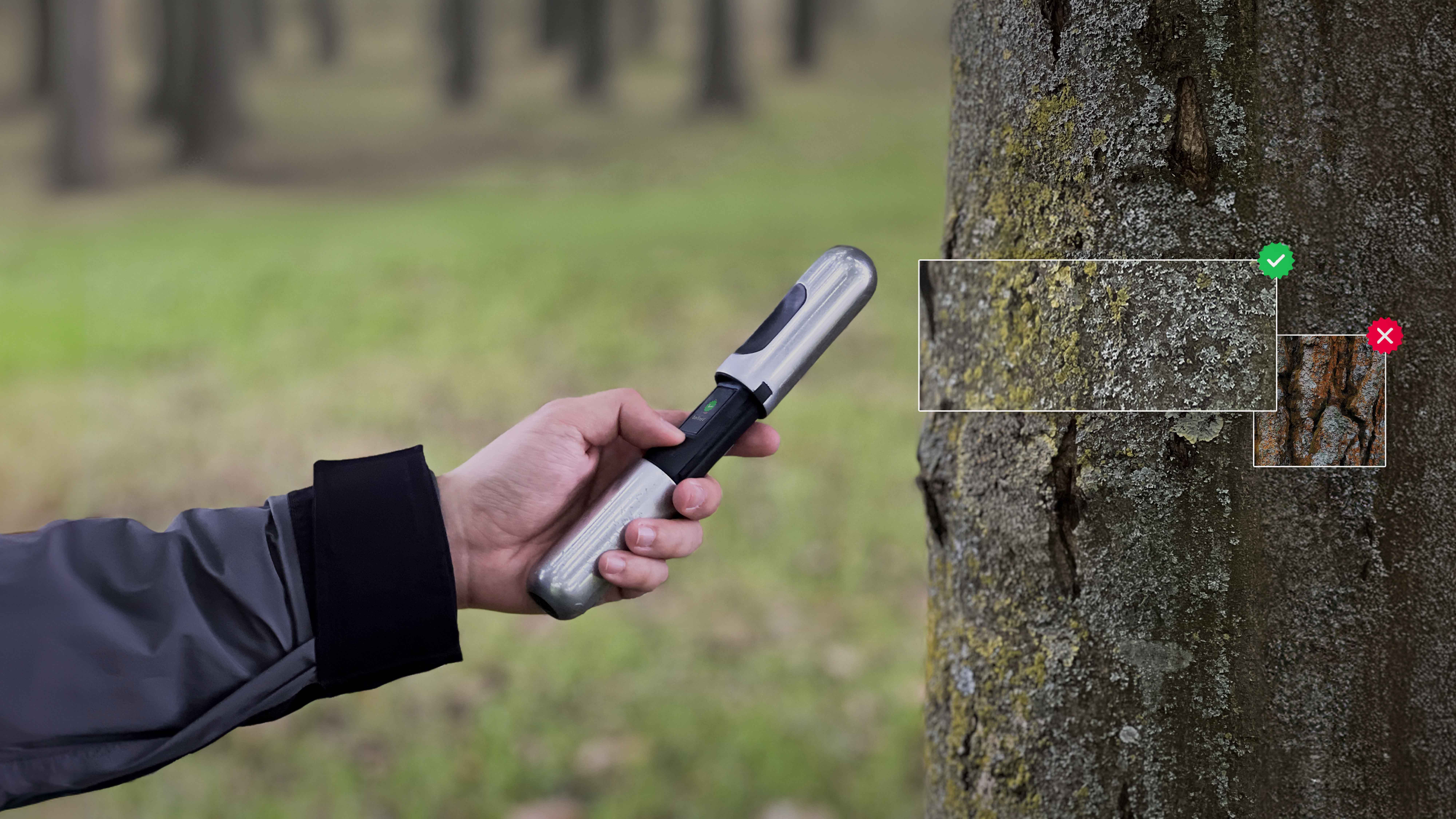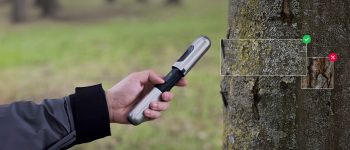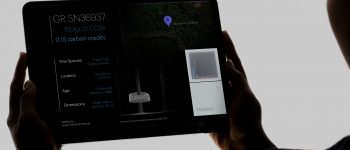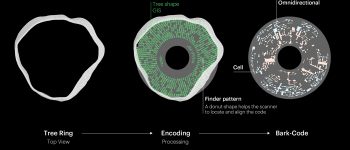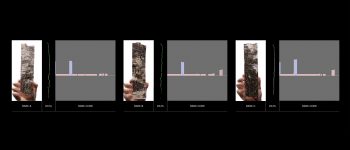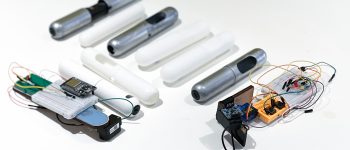EarthCode is an innovative system designed to transform tree monitoring and management for carbon offset markets. Developed during the MA/MSc Innovation Design Engineering program at the Royal College of Art and Imperial College London, it introduces a tag-free, non-invasive solution for identifying and tracking trees using advanced LiDAR and AI technologies.
The core of EarthCode is the creation of “Bark-Codes,” digital fingerprints unique to each tree. These codes are derived from detailed scans of a tree’s bark, capturing its morphological features with sub-millimeter accuracy. By replacing physical tags with digital identifiers, EarthCode reduces environmental impact, lowers costs, and simplifies tree monitoring processes.
The project comprises two main elements:
• LiDAR Scanner: A handheld device that captures morphological data with an accuracy of approximately 0.05 mm and a resolution of 0.07 mm.
• Mobile Application: A platform for managing and analyzing tree data, converting it into actionable insights for forest management and carbon credit verification.
EarthCode’s primary beneficiaries are small forest owners, who collectively manage an estimated 1.7 billion hectares of forest worldwide. These stakeholders often lack access to expensive, traditional tagging systems, limiting their participation in carbon markets. EarthCode democratizes this process, enabling smallholders to contribute meaningfully to climate action while benefiting economically.
Learn more: https://hanjuseo.com/EarthCode-contents-details
Watch the video: https://www.youtube.com/watch?v=MsUK5WnsnvI
• Environmental Organizations: NGOs and institutions focused on sustainable forestry can use EarthCode for more accurate monitoring and verification.
• Carbon Offset Markets: EarthCode enhances transparency and credibility, addressing common issues like over-crediting and unverifiable data.

